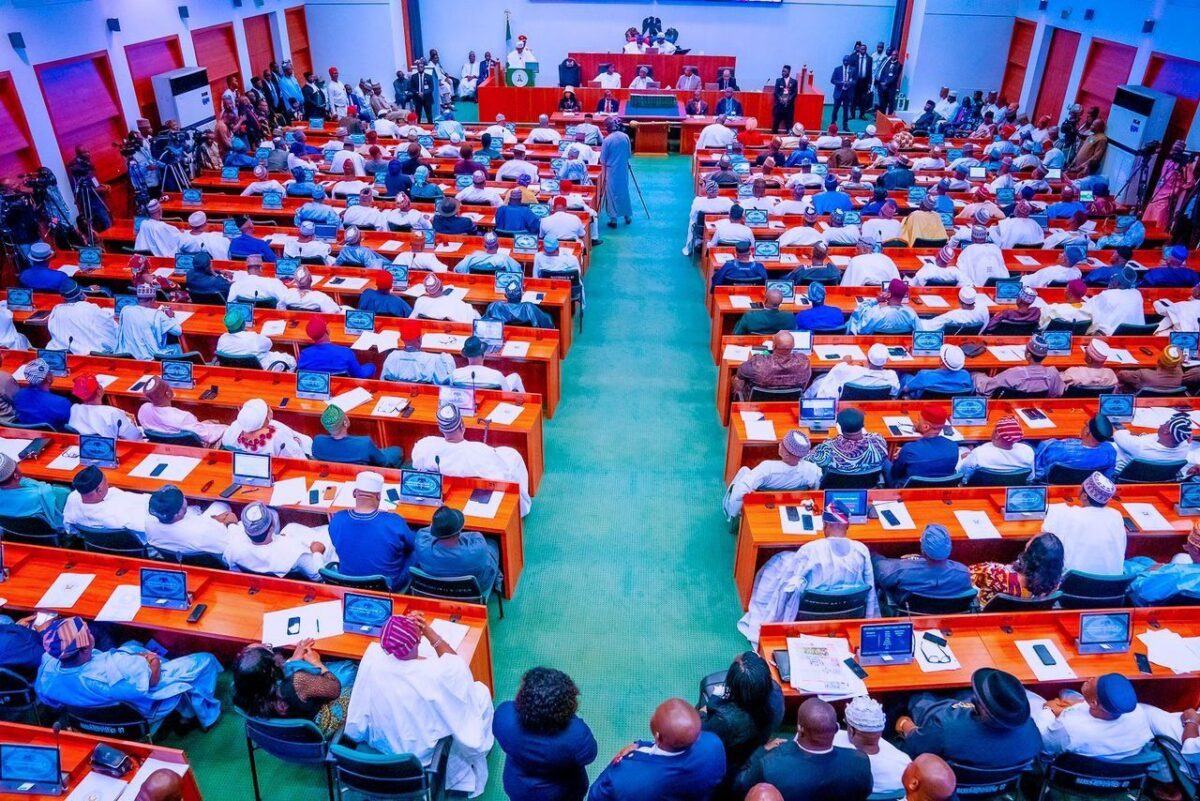• Julius Berger partners with ABU on bitumen stabilised construction method
No fewer than 420 federal roads, bridges, and other infrastructure projects have been completed or significantly in an advanced stage within the last two years.
Chairman of the Senate Committee on Works, Barinada Mpigi, disclosed this during the 33rd conference of the Council of Registered Engineers of Nigeria (COREN) in Abuja.
Mpigi, in his goodwill message at the opening ceremony of the event, represented by Ashley Emenike, described engineers as indispensable drivers of Nigeria’s development. He noted that their work forms the backbone of the country’s economic growth, infrastructure expansion, and industrial advancement. He further declared that Nigerian engineers are not merely technical experts, but also strategic nation builders who deserve a central role in policy making.
“As Chairman of the Senate Committee on Works, I must reaffirm that engineering remains a cornerstone of national development.
“Based on implementation reports and oversight missions by my committee, we estimate that over 420 federal roads, bridges, and projects have either been completed or significantly in advanced stage within this administration,” he said
In his remark, Project Coordinator of Julius Berger’s Region Central and North (RCN), Dr Amodu Ismaila, said that Julius Berger Nigeria Plc and Ahmadu Bello University (ABU) had entered into a partnership on the bitumen stabilised method.
He said the novel construction technology, also known as Cold Recycling Technology, is the application of the Bitumen Stabilised Method (BSM), one of Julius Berger’s innovative models to fix roads under rehabilitation in the country.
He added that Cold Recycling Technology is one sustainable innovation that has helped Julius Berger in executing its road construction projects across Nigeria.
Meanwhile, amid commendations from participating engineers, Ismaila drew inferences from the company’s Abuja-Kaduna-Zaria-Kano Road project where the technology was applied, unequivocally stating that Cold Recycling Technology is an innovation that is very helpful in easing road construction work.
According to Ismaila, the technology is an asphalt pavement rehabilitation method that reuses existing materials without the application of heat, resulting in benefits, such as lower cost, lesser environmental impacts, and reduced construction time compared to non–recycling-focused rehabilitation options.
“Simply put, it is an innovative sustainable construction method with environmental and economic benefits that has led Julius Berger into a unique cooperative partnership between Industry (Julius Berger) and Science (University Ahmadu Bello University, Zaria),” he added.
Ismaila posited that numerous benefits for all-around value abound. They include shorter construction time that conserves resources and ensures cost efficiencies are realised. It also improves road safety, extends the lifespan of roads and increases the road’s capacity, adding that some of the major industry-related awards won by Julius Berger in the last few years were because of the application of the technology in fixing Nigerian roads.
At the event, which also featured exhibitions by engineering firms and related organisations, participants besieged Julius Berger’s stand to know more about the technology and its multi-applications in the road construction industry.
The conference, themed “Advancing Quality Engineering Services and Businesses in Nigeria: Professionalism, Compliance and Remunerations,” is a yearly event that draws attendance from engineering professionals across the country to deliberate on engineering ethics, infrastructure standards, and national development.




